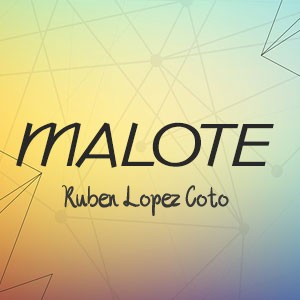
MALOTE
Deep Learning (DL) techniques are receiving growing interests worldwide as they already outperform many other machine learning classical classification algorithms, especially when including the latest developments on techniques such as Convolutional Neural Networks (CNN). This comes at hand for astrophysics experiments, that routinely operate quite deep into the background regime, where a signal event must be identified among millions of background events. My former scientific career track focused on hardware, software and astrophysics-science searches with gamma-ray telescopes and brought me already to the roles of software coordinator and science coordinator in running international 100+ scientists projects. However, I want to round my circle of expertise with two missing skills that I found available with at the INFN Padova: expertise on DL techniques and fundamental physics. My project is then to develop a full DL classification algorithm for the first Large Sized Telescope (LST), a prototype for the world-wide Cherenkov Telescope Array (CTA) observatory. LST data will be proprietary until about 2022, when the instrument will be delivered to the CTA Consortium. None in the LST project is investigating DL techniques, so this contribution will be sole and independent from working collaborations. I will be in close contact with the ITN network AMVA4NewPhysics, dedicated to the development of DL techniques for particle physics as well as its industrial partners. The classification algorithm will be tested on the search of Primordial Black Hole evaporation, brief events that should appear serendipitously in the LST field of view, that need a powerful dedicated classification algorithm to be detected. The project is original, it has a moderate risk level, because incremental goals are defined, and it will certainly put me in the condition at its completion of following a career in INFN where the skills gained will be highly appreciated.

Back to Category
